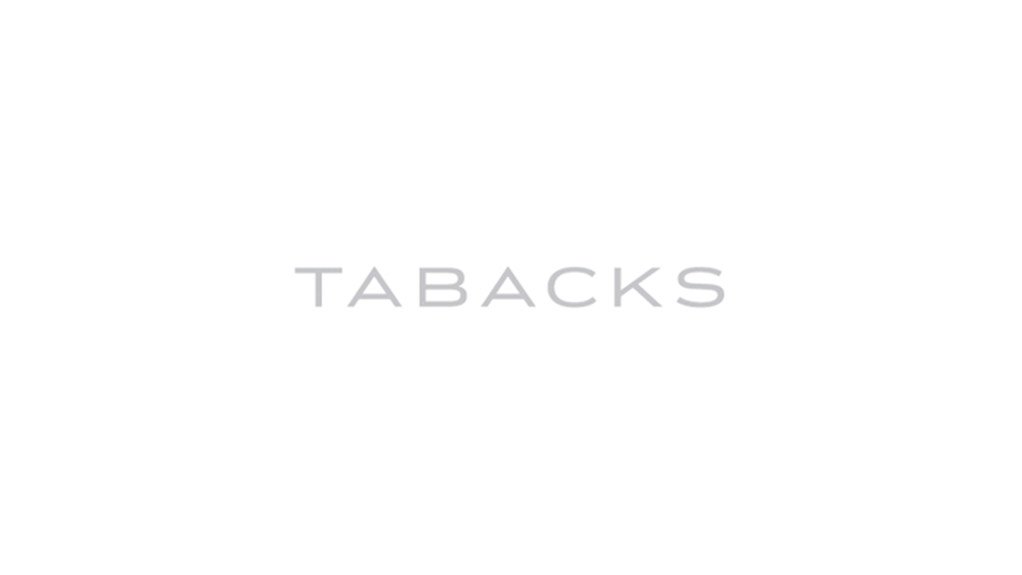It’s a safe bet that South Africa’s business fraternity is aware, at least on a superficial level, of the so-called “World Cup construction cartel” and “Western Cape bread cartel”.
The companies involved in the cartels faced various allegations of price fixing, market division and collusive tendering. Following a few skirmishes with the South African competition authorities, the corporate leniency process was utilised, consent agreements made into final orders and administrative penalties handed out.
However, there is a steady flow of news about the South African National Roads Agency Limited (SANRAL) claiming R760 million in damages from Murray & Roberts and Basil Read for their involvement in the World Cup construction cartel as well as the Competition Commission (Commission) withdrawing proceedings against Premier Foods before the Constitutional Court that, if successful, would have seen victims of the Western Cape bread cartel suing Premier for damages.
The question is: why are these companies defending damages claims when they have already faced the music with the competition authorities?
The answer lies in section 65(6) of the Competition Act 89 of 1998 (Act) that provides that a person may institute a claim for damages (claimant) suffered as a result of a prohibited practice provided that (i) the claimant did not receive payment in terms of a consent order; (ii) the Competition Tribunal or appeal court has made its final determination; and (iii) a valid certificate has been issued confirming the conduct was a prohibited practice. Only once these 3 requirements have been met can the claimant then commence proceedings in a civil court (High Court or Magistrates Court) for damages.
The upshot, for the claimant, is that the civil court cannot consider the merits of the prohibited practice. The fight then boils down to whether the claimant factually suffered damages and how those damages are quantified. As yet, there have been no final decisions relating to this type of claim. The closest that the courts have come was a High Court dispute between Nationwide Airlines and South African Airways, but the matter was, reportedly, settled during trial.
While it appears that Premier dodged a bullet, it will be interesting to monitor SANRAL’s claims against Murray & Roberts and Basil Read. It is too early to predict an outcome, but given the history of this type of dispute, it seems likely that settlement would be on the cards rather than battling a precedent-setting case.
Written by Mark Thomas, Senior Associate, Tabacks
EMAIL THIS ARTICLE SAVE THIS ARTICLE
To subscribe email subscriptions@creamermedia.co.za or click here
To advertise email advertising@creamermedia.co.za or click here











